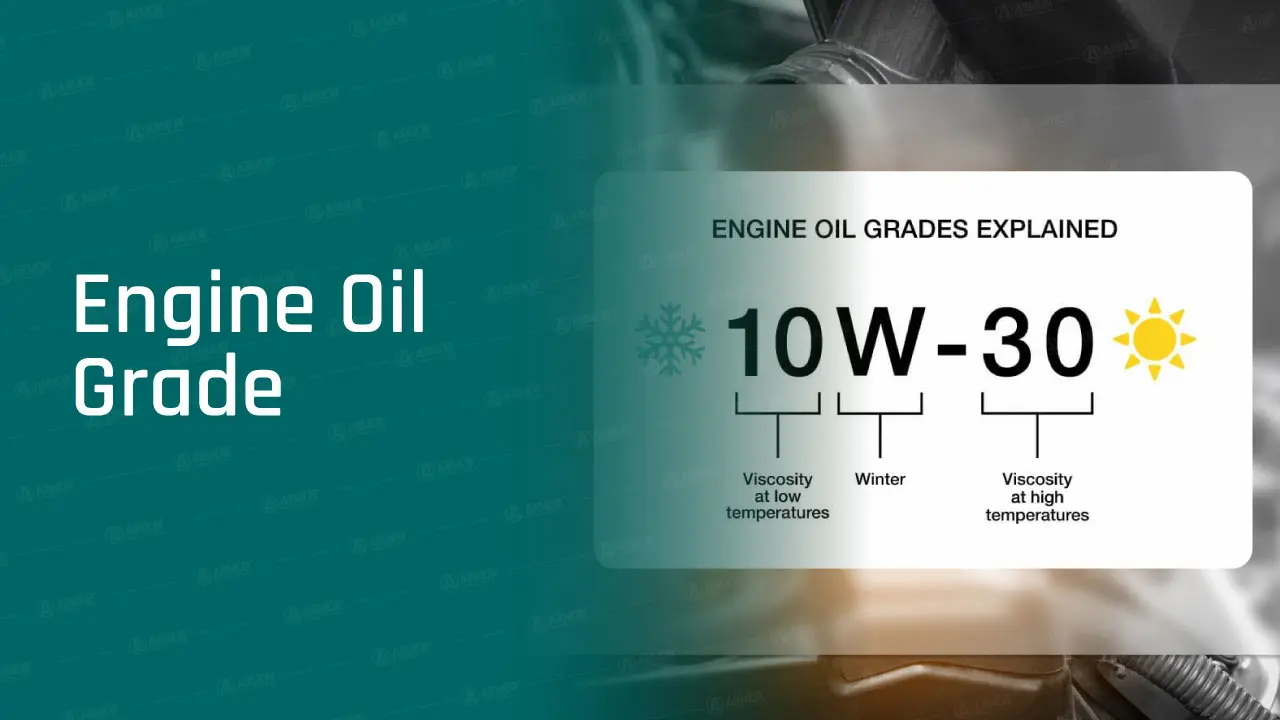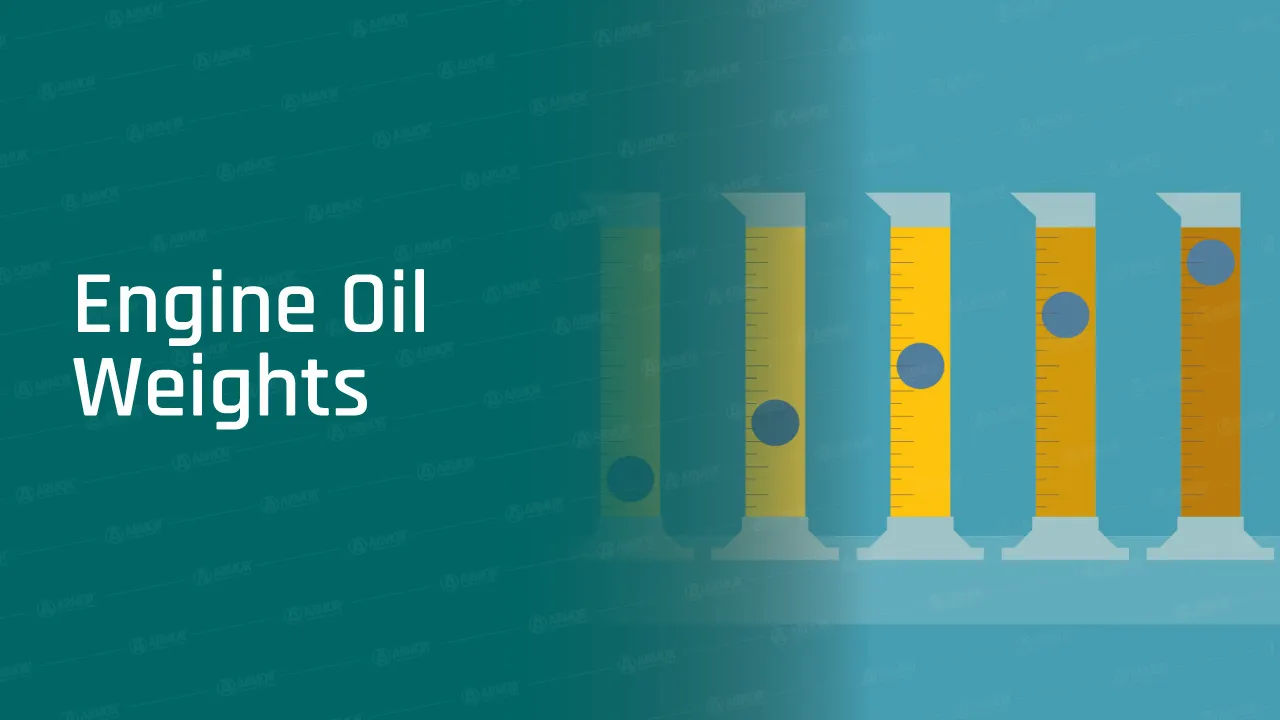- Armor Blog
- Consumer Education
- Oil for Transformers Smart Buying Tips

Types of Oil for Transformers Longevity and Reliability
When buying oil for transformers, it is essential to choose the right type for your transformers. Each transformer requires a special type of oil. Using the wrong oil has serious consequences, as it can damage transformers and reduce their efficiency.
There are two main types of oil for transformers in the market, mineral and synthetic oil. Each of them has unique properties and is used in specific areas.
Mineral Oil for Transformers
Mineral oils are manufactured using material derived from petroleum crude oil. They are commonly used to cool down transformers worldwide. Transformer mineral oil is also divided into two types which are Paraffin-based and Naphtha-based oils.
1. Paraffin-based transformer oil
Paraffinic oils are desirable in the market due to their good oxidation and thermal durability. Paraffinic-based transformer oil are rich in wax content. Therefore, they can function under high temperatures up to 550 degrees (1022 f).
2. Naphtha-based transformer oil
Naphtha-based oils are the other type of mineral transformer oil. Naphthenic-based transformer oil are also derived from crude oil products but have different content, such as less wax. Compared to paraffinic, Naphtha-based oil has a lower durability of heat but higher oxidation durability.
Synthetic Oil for Transformer
Synthetic transformer oils are not derived from crude oil byproducts but are made artificially in factories to have specific properties mineral oils can not deliver. The most commonly used transformer oils in the industry are silicone-based transformer oils and bio-based oils.
1. Silicone-based oils
Silicone-based oils are used to cool down transformers in areas with an increased possibility of fire. They are safer due to their high resistance to ignition, making them better than mineral oil in case of transformer failure. However, they are less common due to their higher cost and lower VI.
2. Bio-based insulating transformer
Another synthetic transformer oil is made from biodegradable materials, such as vegetable oil. They are highly resistant to fire with good dielectric properties, but they are more expensive and have lower VI.
Chemical Properties
The chemical properties of transformer oils help you determine the right product to buy. They define how well the oil for transformers will function and if it can damage your equipment in the long run.
Chemical Stability
Transformer Insulating Oil will be in contact with the transformer for several months. If the oil you use oxidates, you will have sludge and other contaminants that impact the performance of the oil. Sometimes, it is possible for them to cause transformer failure leading to power outages.
Transformer Oils should also be resistant to heat as transformers generate heat and are exposed to high temperatures most of the time.
Insulating Properties
The function of transformer oil is to:
- Cool down the transformer
- An insulating agent in the transformer
To achieve their objectives, they need to withstand high voltages without any change in their properties or breaking down, and they also need to have high resistance to electricity to insulate the transformer efficiently.
Oil Acidity
Oil acidity refers to the amount of acidic impurities in the oil. Oil acidity reduces the efficiency of the oil and decreases its insulation properties. Using acidic oil is dangerous. Thus, it is crucial to ensure that the acidity numbers are lower than the authorized value. (0.2 mg KOH/g according to ASTM)
Physical Properties Transformer Oil
Viscosity
Transformer oil needs to flow inside the transformer in different conditions. Thus, you must pay attention to the transformer oil density and viscosity and ensure choosing the suitable VI for the transformer you have.
Fire Point
Transformer oils are subjected to high temperatures. When the oil has a low fire point, there is a high chance of a fire. Choosing an oil with a high fire point is safer.
Supplier Reputation
Whether you need oil for transformers to use in your facility or to sell and distribute, you want to have the products fast. The supplier should have the oil available in a warehouse or be able to manufacture it in a certain timeline.
Quality certification
Any supplier and manufacturer can claim they have the best products, and only a few can prove that. A trustworthy lubricant company should be able to provide certificates to prove their products meet international standards such as ISO 9001, ASTM, and IEC to ensure that the oil meets industry standards.
The price is important factor when buying transformer oil, yet you should focus more on the cost. The cost includes the price of the oil, the fees of shipping, the fees of money transfer, and other possible hidden fees.
Buying from countries like the UAE can reduce your costs due to their special tax system. Additionally, its unique location can result in cost reduction. As a top transformer oil manufacturer in the UAE, Armor Lubricatns can always provide you oil for transformers with the quantity you need at the best prices without compromising in quality.




 Spear lubricants
Spear lubricants Armada lubricant
Armada lubricant Ace lubricants
Ace lubricants Perfect lubricants
Perfect lubricants Enzo lubricants
Enzo lubricants Lawrence lubricants
Lawrence lubricants